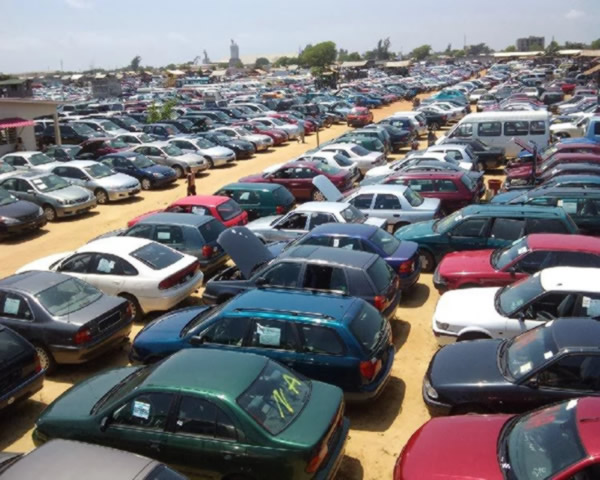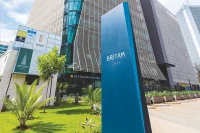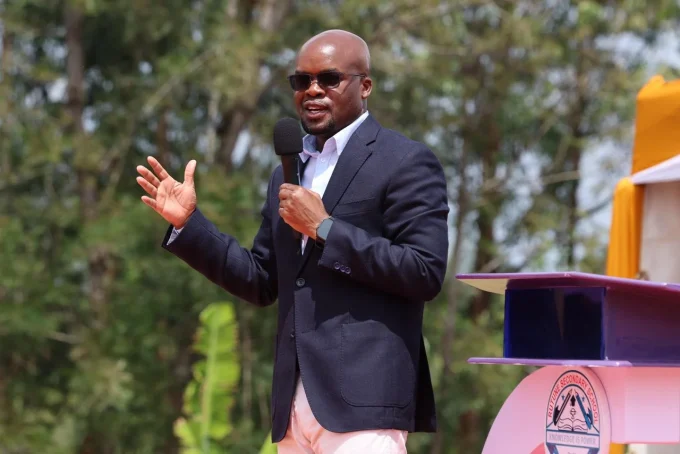Liquid Telecom Kenya cut its diesel usage by almost a third last year with the roll out of a car pooling scheme for staff. The company has saved on new vehicles and reduced the company’s diesel bill to Ksh9.3m in the second half of 2016, compared to Ksh13m for the same period a year earlier.
The transport savings came even as the company’s staff, operation, and business expanded. The carpooling scheme launched by Liquid Telecom Kenya in July 2016 means that sales, technical, and management staff book their work journeys in a new online system, which then groups staff into vehicles travelling to the same area, so that they share vehicles, instead of using separate cars.
“Carpooling is a key element in achieving a sustainable business, and in cutting congestion and air pollution,” said Mr Ben Roberts, CEO of Liquid Telecom Kenya.
A 2016 report by the World Bank estimates that Value of Time (VOT) lost to travel in Nairobi due to the massive traffic gridlocks costs about Ksh80-Ksh400 million per workday. In sum, Nairobi residents lose Ksh5bn a year on the costs of traffic congestion, according to a study by Japan International Cooperation Agency.
Against this backdrop, carpooling has been shown to reduce transport costs for companies, road congestion, travel costs for private users, and air pollution, with each 1600cc litre car on the road generating 200 grams of carbon dioxide per kilometer.
According to research in Colorado, every 100 people who shift to carpooling saves over 1m kg a year of carbon dioxide emissions.
Additionally, the company provides home broadband links to 88 employees using WiMax, Gpon, and Metro fiber to allow its employees to work from home. The staff home broadband links, with a capacity of between 2Mbps and 100Mbps, give employees access to the company servers for reports, and to the company VPN system for the accounts team. Technical personnel are also to access the company’s systems on the home broadband links, which is especially important after-hours when they are dealing with emergency calls, or tracking down issues that need to be sorted out immediately, but do not require their physical presence.
“Our 24/7 cover means that we have staff in the office at all times, but we have equipped our specialists to assist with operations without extra travel to the office. Many of our customers are, likewise, using our Internet to empower their staff to work from home, further bringing home how the Internet itself, and e-commerce, can further cut traffic congestion and pollution,” said Roberts.
[crp]
Carpooling is becoming more popular globally, giving rise to a crop of new apps and websites to help travellers and commuters organise shared rides. Examples include Travel Buddy and Carrambee.com in Kenya, uGoMyWay, Carpool King and findalift in South Africa, UberPool feature on Uber, Waze app and Lyft Inc. among many others. “More individuals using the same route to work and companies taking up carpooling makes for a win-win and effective initiative in achieving a greener, healthier world,” said Roberts.



















































![Pula Co-Founders and Co-CEOs, Rose Goslinga & Thomas Njeru. Pula provides agricultural insurance and digital products to help smallholder farmers manage climate risks, improve farming practices and increase their incomes. [ Photo / Courtesy ]](https://businesstoday.co.ke/wp-content/uploads/2021/01/Pula-Co-Founders-and-Co-CEOs-Thomas-Njeru-Rose-Goslinga.jpg)



























































It’s really a brilliant idea, we founded too a carpooling project currently connecting two towns in Kenya. http://bit.ly/twendecarpool